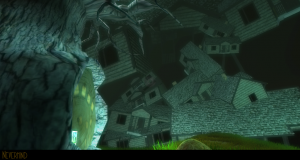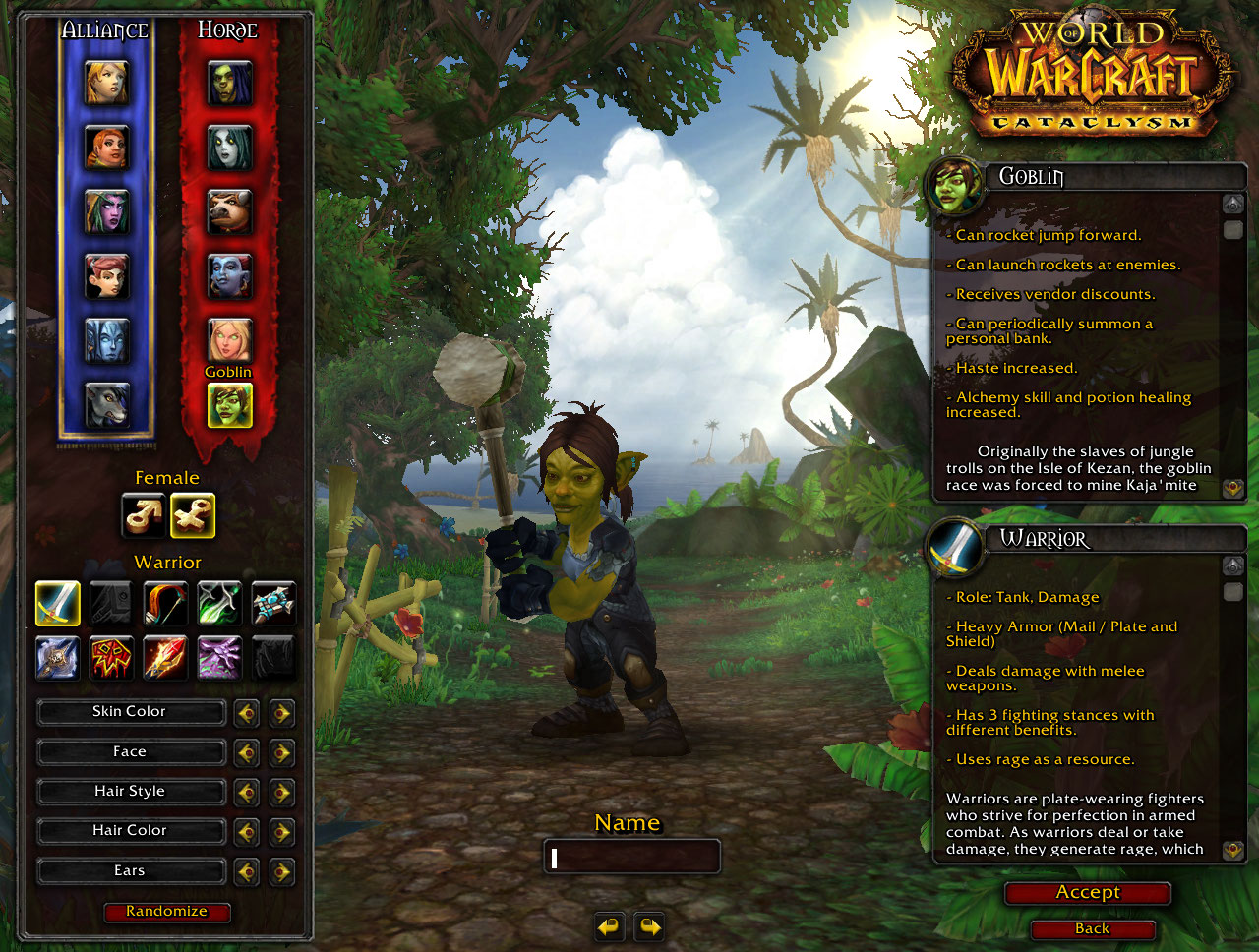Last week, I reviewed the first hour of Flying Mollusk’s Nevermind, which mostly meant I worked my way through the training session and a bit of the first real part of the game. In my initial gameplay, I was introduced to some heavy possible directions for the narrative: an alcoholic mother, a suicide, and possible child abuse or neglect. As I wrote last week, in the game, you are presented with memories, some of which are true and some of which are not, and you must sort through the memories to determine what really happened. The game is also set up to work with a heart-rate monitor and it gets harder as the player becomes more stressed, so as to help with learning ways to manage anxiety. I suffer from anxiety and panic attacks, so I find the concept of a game that can possibly help me learn to control that pretty interesting; also, I love all things horror. Since last week, I’ve played the rest of what’s currently available through the Early Access Steam release, and while I was never scared per se, the game does a pretty good job of emulating a nightmare and/or anxiety attack, even without the addition of a heart-rate monitor.
I was in fact having an anxiety attack when I decided to finish Nevermind, and I was looking for a distraction. It worked; the game basically took me out of my own anxiety attack and dropped me into someone else’s. In a couple of scenes, I felt completely lost, as if I were walking in circles. (I probably was walking in circles.) As I mentioned last week, I’m playing the game without a heart-rate monitor, so I’m missing out on some of the key features of the game, but this week, I was at least able to get a sense of how the game works with anxiety to increase or decrease the difficulty. I imagine had I had the heart-rate monitor, I would have, at points, been dealing with a more difficult game. And, it’s not just that the scenes are scary, they are, but more so they are psychologically terrifying. Some scenes reminded me of nightmares: I was lost and  confused and somewhat desperate to get out of certain situations. In others, the scenes almost seem intended to induce an anxiety attack: never-ending repetitive landscapes and locked rooms. From some of what I’ve read about the game, it does seem I might be missing some of the more stressful situations, though, because my computer doesn’t know when I’m stressed or frustrated. I would be interested to see how this type of game might work in a professional therapy setting, both because the game presents patients in therapy trying to recover memories that have become repressed for whatever reason and because the game is intended to help the player calm down.
confused and somewhat desperate to get out of certain situations. In others, the scenes almost seem intended to induce an anxiety attack: never-ending repetitive landscapes and locked rooms. From some of what I’ve read about the game, it does seem I might be missing some of the more stressful situations, though, because my computer doesn’t know when I’m stressed or frustrated. I would be interested to see how this type of game might work in a professional therapy setting, both because the game presents patients in therapy trying to recover memories that have become repressed for whatever reason and because the game is intended to help the player calm down.
(Minor spoilers follow). Before you begin to collect the memories, the patient tells you about what he or she consciously recollects about the situation. As I collected the memories of the second patient, I was presented with a patchwork of situations that all seemed like possible fit with the initial information I was given by the patient. As I began to see last week, the child did seem neglected at best: I kept knocking on the bathroom door, only to be told to go ask Dad. I picked up several memories that indicated a possible alcoholic mother, and, of course, there was the suicide that was alluded to early on in the scene. I had to pair that with the information the patient herself was giving me: her mother liked wine a lot and her father was killed in a car accident. So many faulty memories. I found it harder this time around to determine what actually happened.
I ended up with a lot more questions after this scenario than I did after the training session, which makes sense. In the training session, I was told some of the memories might be my character’s, rather than those of the patient. But, as the narrative played out, all of the memories seemed to relate at least in someway to the information presented by the patient prior to the session’s beginning. That is, at the end, once I had sorted out the actual memories, I wondered what to do with the rest. Did the other memories just not happen even though she mentioned similar ones? Are they my memories? If so, what does that mean for the game? I may be overreaching here, but it would be really interesting to see an overarching narrative in which I could learn a little more about my character as she goes through the memories of the patients.
I couldn’t wait to dive into the third scenario, but it’s not out yet. Maybe some of my questions will be answered, maybe they won’t. Either way, I can’t wait to keep playing. The game lived up to its promise in one sense by pulling me out of my own head (even if simple distraction is not what the developers had in mind). But, also, I find the game terrifying in a way I wish more games could match.




